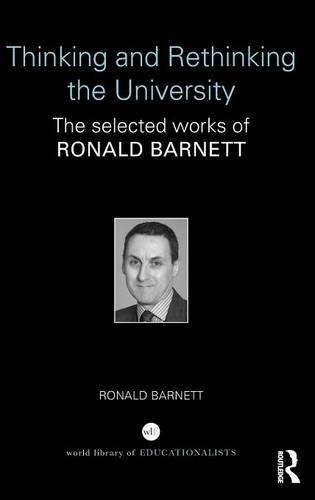

Most ebook files are in PDF format, so you can easily read them using various software such as Foxit Reader or directly on the Google Chrome browser.
Some ebook files are released by publishers in other formats such as .awz, .mobi, .epub, .fb2, etc. You may need to install specific software to read these formats on mobile/PC, such as Calibre.
Please read the tutorial at this link: https://ebookbell.com/faq
We offer FREE conversion to the popular formats you request; however, this may take some time. Therefore, right after payment, please email us, and we will try to provide the service as quickly as possible.
For some exceptional file formats or broken links (if any), please refrain from opening any disputes. Instead, email us first, and we will try to assist within a maximum of 6 hours.
EbookBell Team

0.0
0 reviewsIn the World Library of Educationalists series, international scholars compile career-long selections of what they judge to be among their finest pieces so the world has access to them in a single manageable volume. Readers are able to follow the themes and strands and see how their work contributes to the development of the field.
Over more than three decades, Professor Ronald Barnett has acquired a distinctive position as a leading philosopher of the university and higher education, and this volume brings together 15 of his key writings, particularly papers from leading journals. This volume also includes, as his introductory chapter, an intellectual autobiography, in which Professor Barnett recounts the history of his scholarship and writing, traces its development across five stages, and identifies the themes and sources of inspiration that lie within his corpus of work.
Ronald Barnett has described his corpus of work as a social philosophy of the university that is at once conceptual, critical, practical and imaginative. His concepts of criticality, critical interdisciplinarity, supercomplexity and the ecological university have been taken up in the literature across the world. Through telling examples, and with an incisive clarity of writing, Ronald Barnett’s scholarship has helped to illuminate in fresh ways and reorient practices in the university and in higher education. The chapters in this volume reveal all of these qualities so making this volume a compelling overview of a passionate and yet constructive critic of the university.